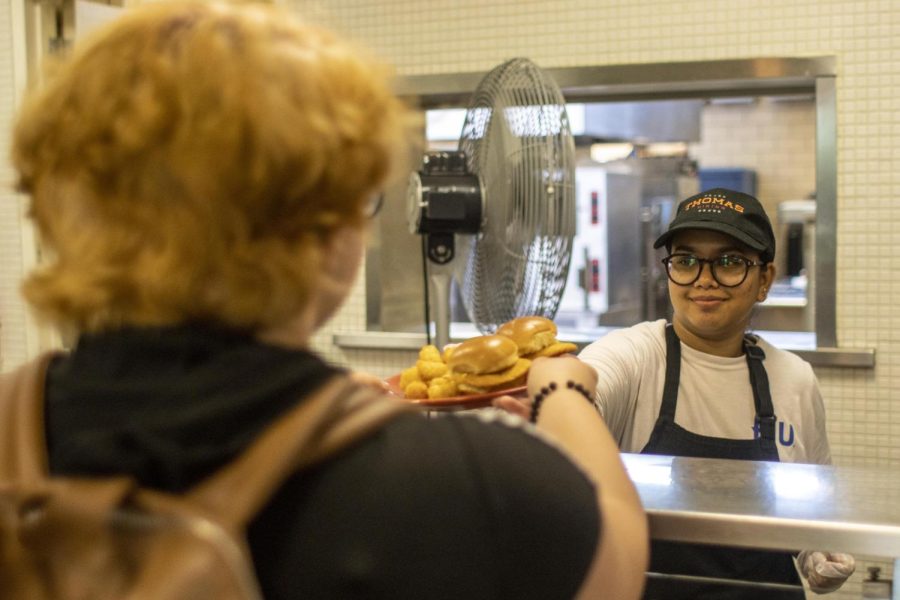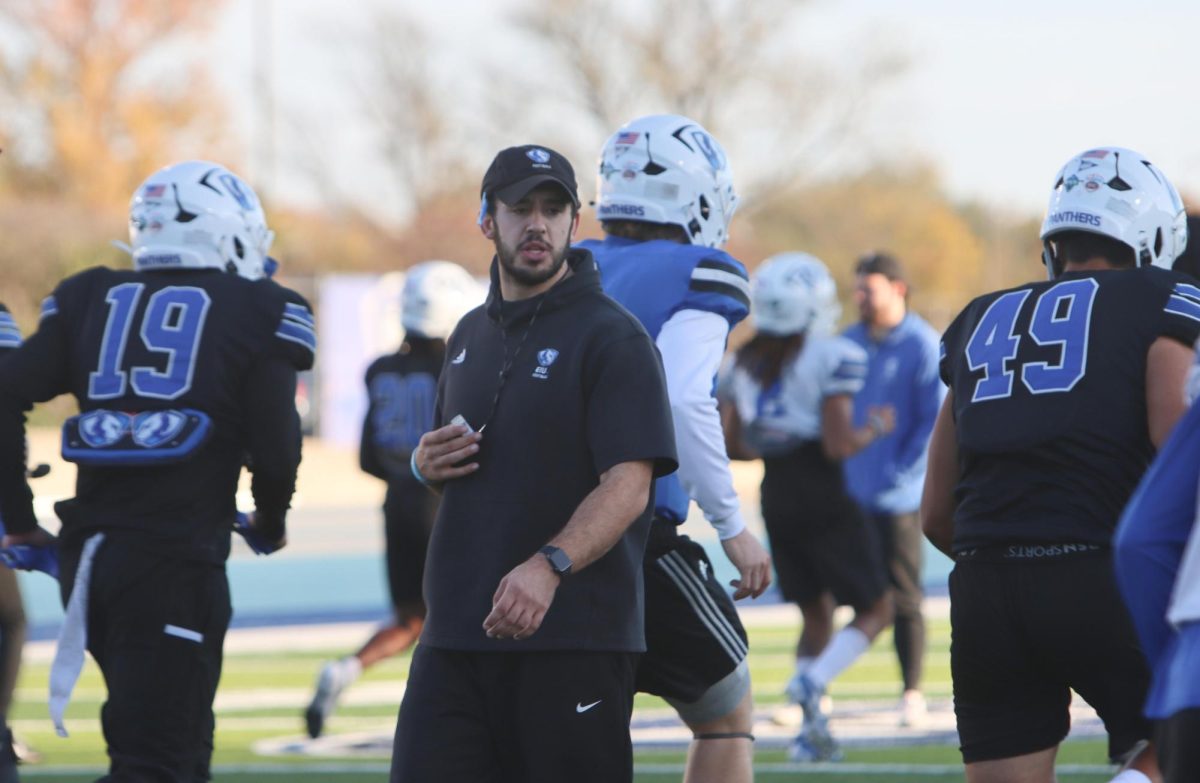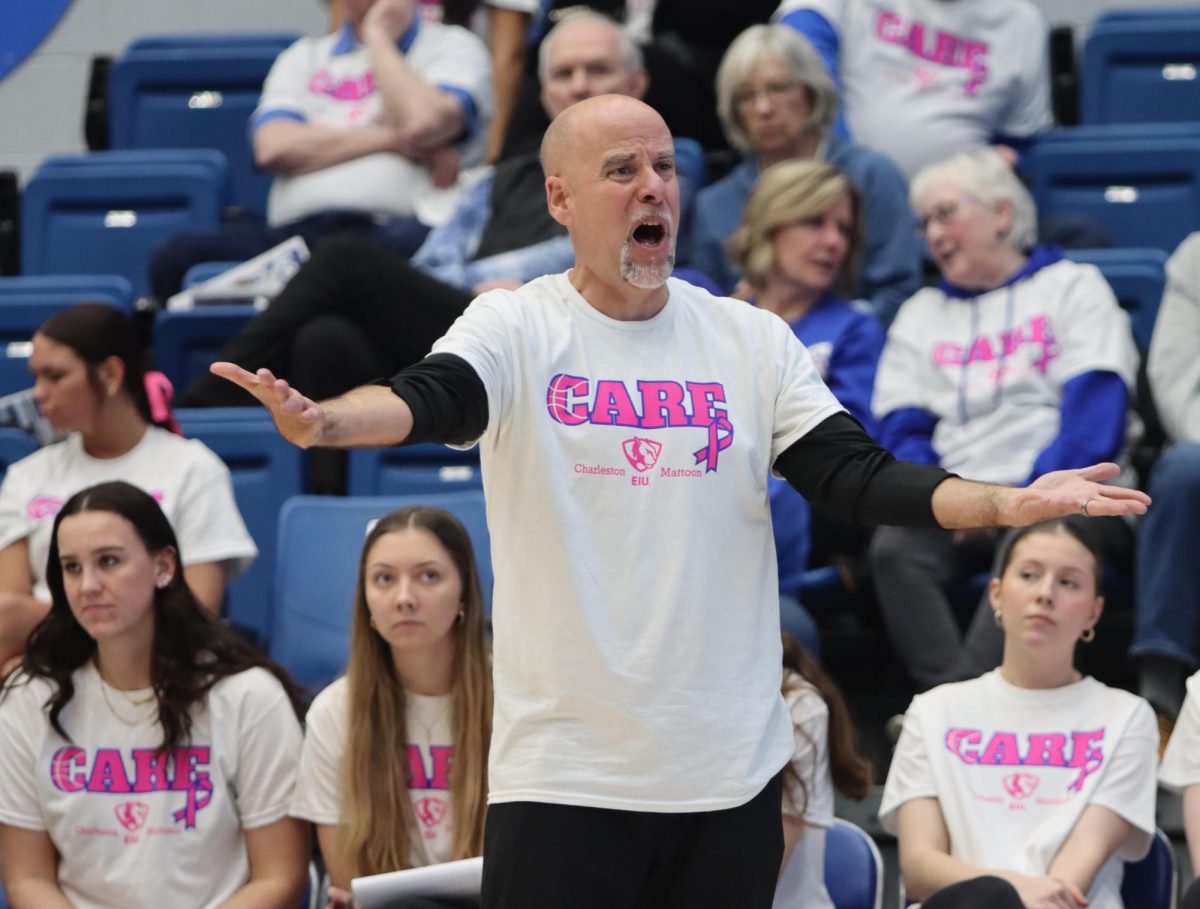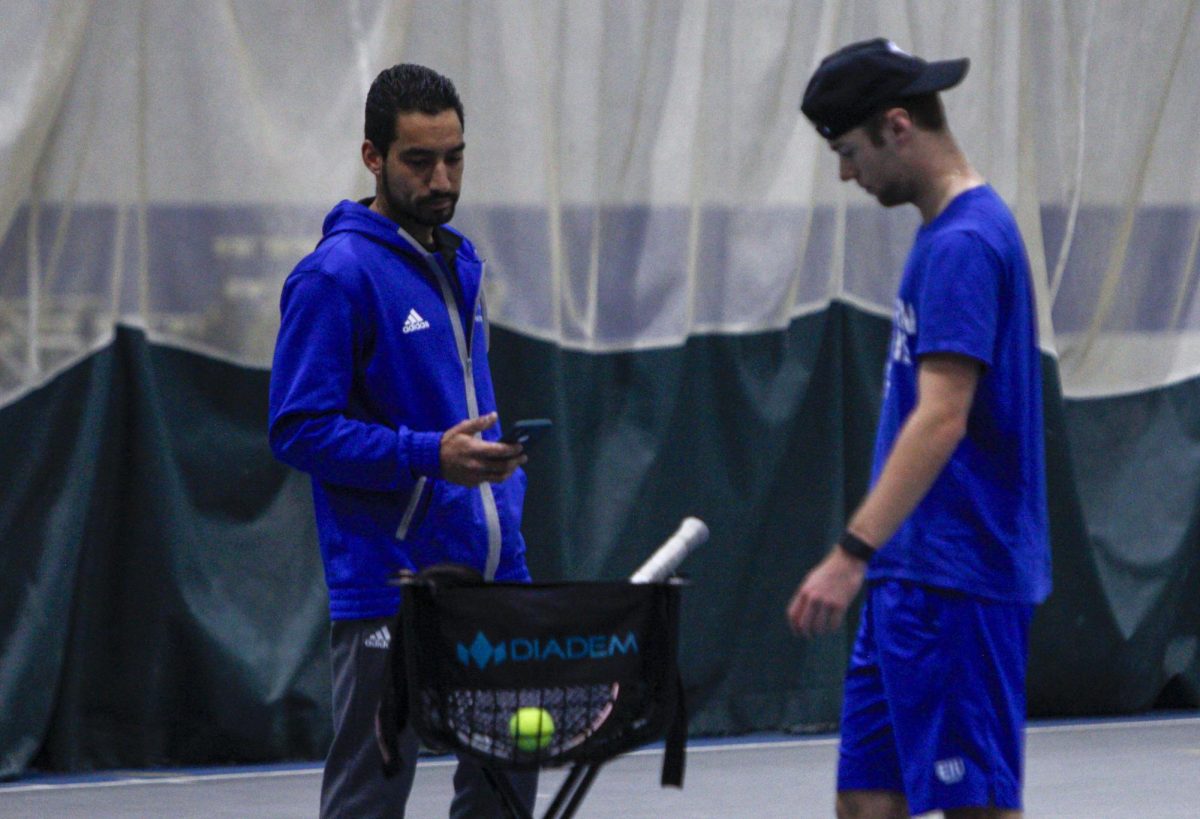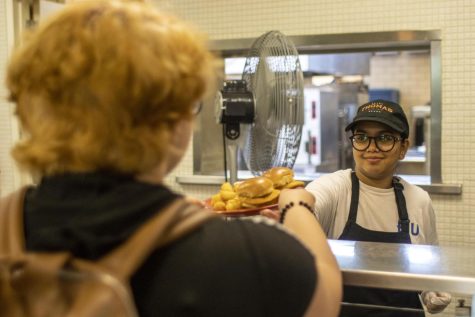Minimum wage increase gives a raise for student employees
Many on-campus employees will be receiving a raise spring semester, but not because the university is increasing wages.
Gov. Rod Blagojevich signed a law Aug. 21 raising minimum wage by 35 cents per hour beginning January 1, 2004.
As a state agency, Eastern will be required to increase pay rates for part-time workers.
Steve Lane from Eastern’s Human Resources Department said student employees would be the ones most affected by a minimum wage increase.
“Student employees, the vast, vast majority, are almost all at minimum wage.”
Nancy Dole, financial aid advisor, said the university employed 2,034 students during the 2002-2003 school year’s fall and spring semesters and around 500 over the summer.
Of those workers, Dole said very few start out with salaries above minimum wage.
Lane said he is unsure how the wage changes will impact campus employment.
“I am not sure how great the effect would be since student employment is decentralized, it depends on departmental budgets,” Lane said.
The increase is expected to have a similar effect on city employees, interim city manager Scott Smith said.
“We certainly have several departments that use part-time personnel,” he said.
Though most city employees have salaries set above minimum wage, many parks and recreation department staff members work part-time at the current minimum wage of $5.15 an hour.
“Parks and recreation will get hit the hardest,” Smith said. “I don’t know the extent yet.”
Overall, the law builds up to a $1.35 raise.
“The increase is going to be done in two increments,” said Abby Ottenhoss, a governor spokesperson.
The first increase will take place this January, raising the wage 35 cents to $5.50 per hour. Minimum wage will then raise an additional dollar to $6.50 per hour January 2005.
Blagojevich’s legislation applies to workers age 18 and older.
Younger employees will continue with a $5.15 rate until January 2005 when it will increase to $6.00 hourly.
According to the governor’s office, 450,000 Illinoisans will benefit from this law.
City Editor Carly Mullady can be reached at LoisLayne83@aol.com


